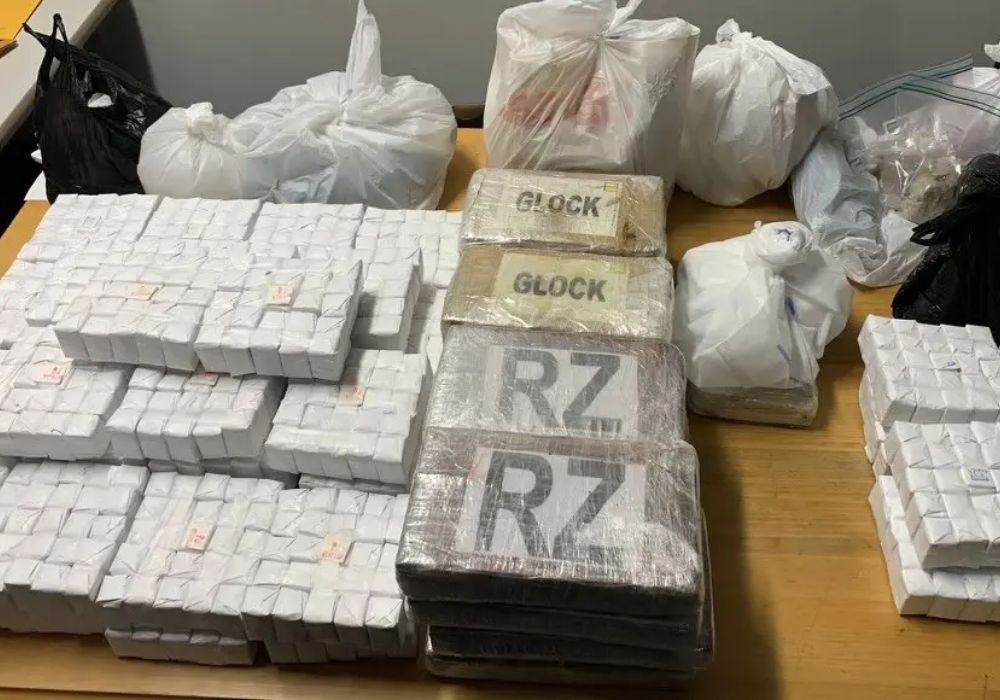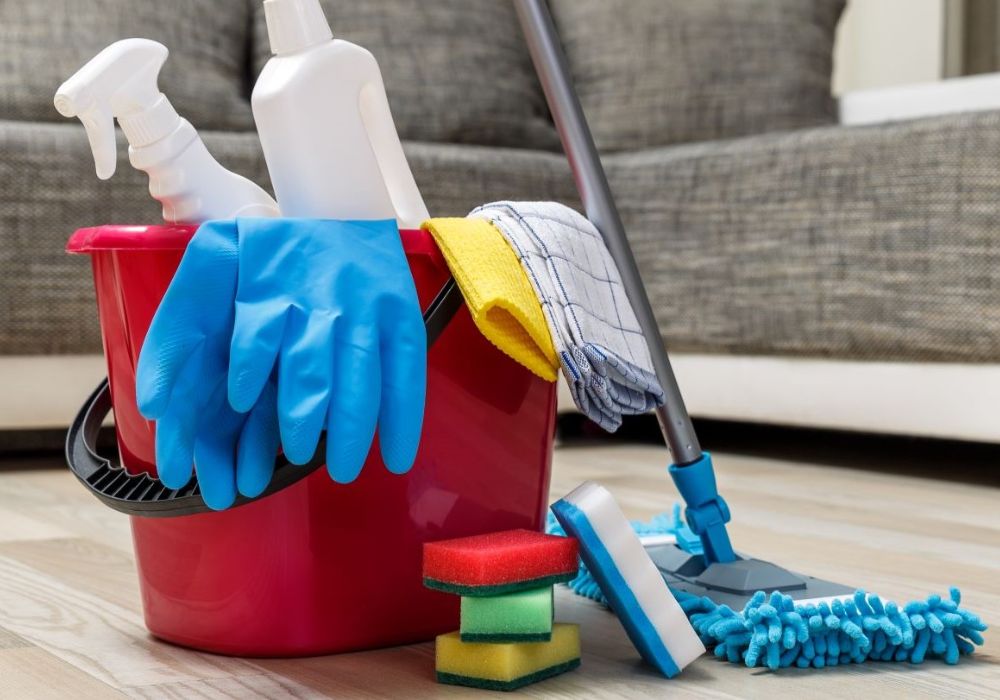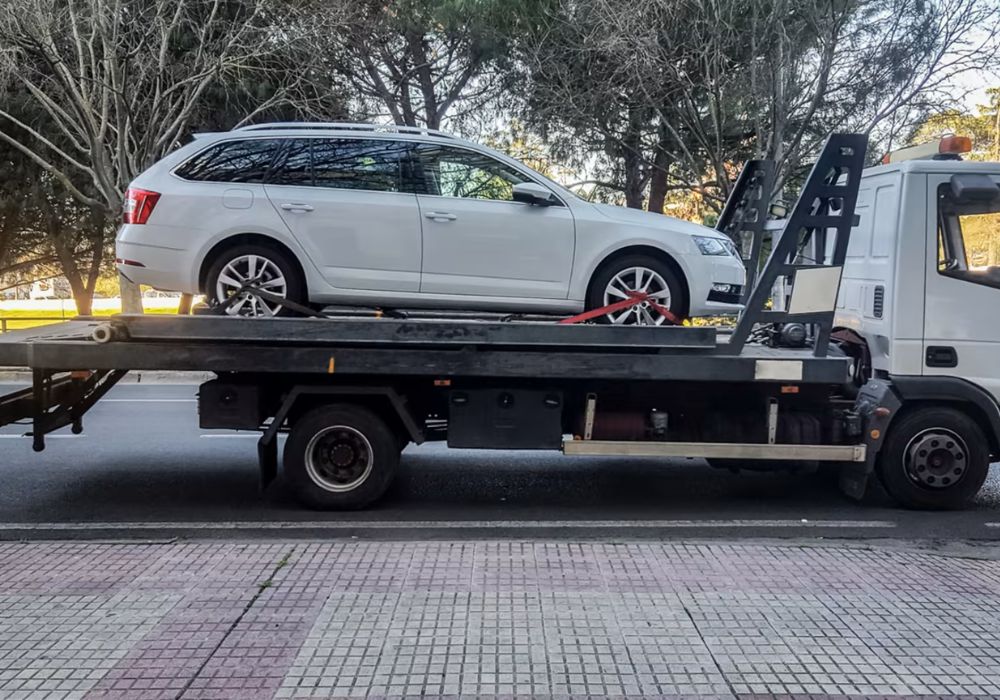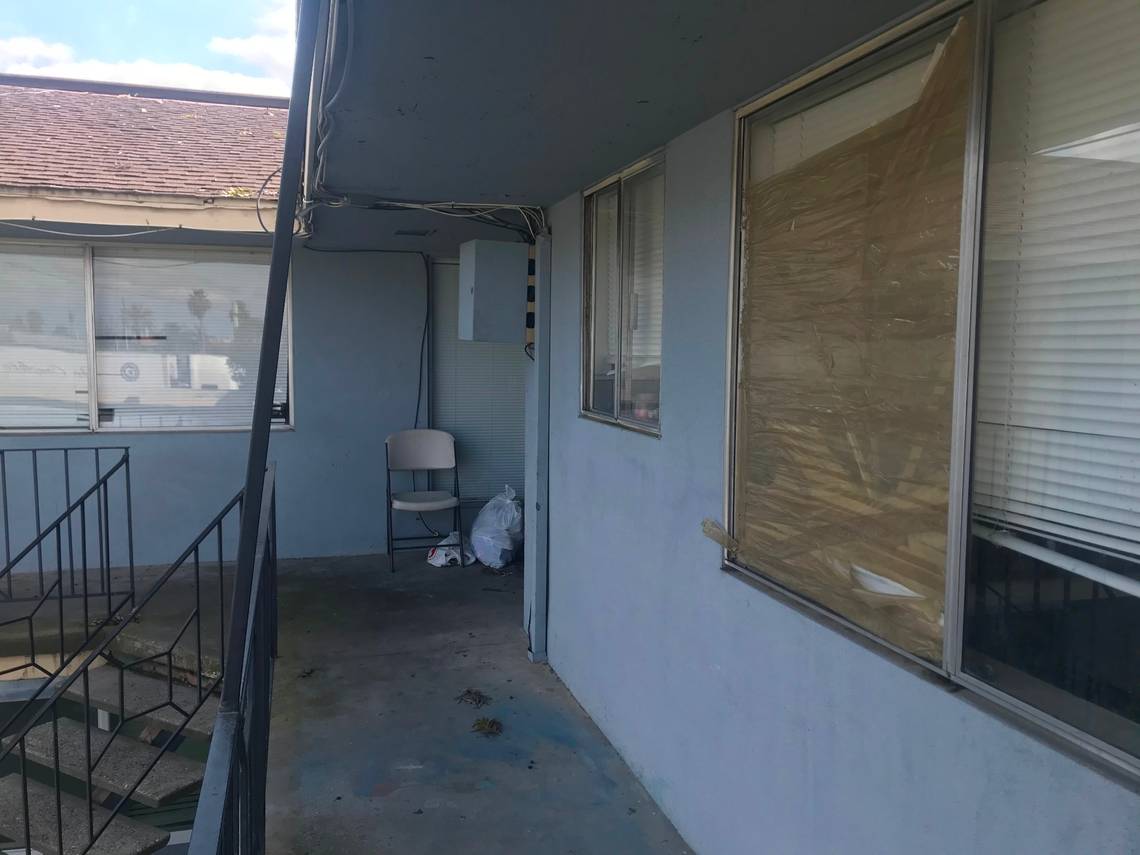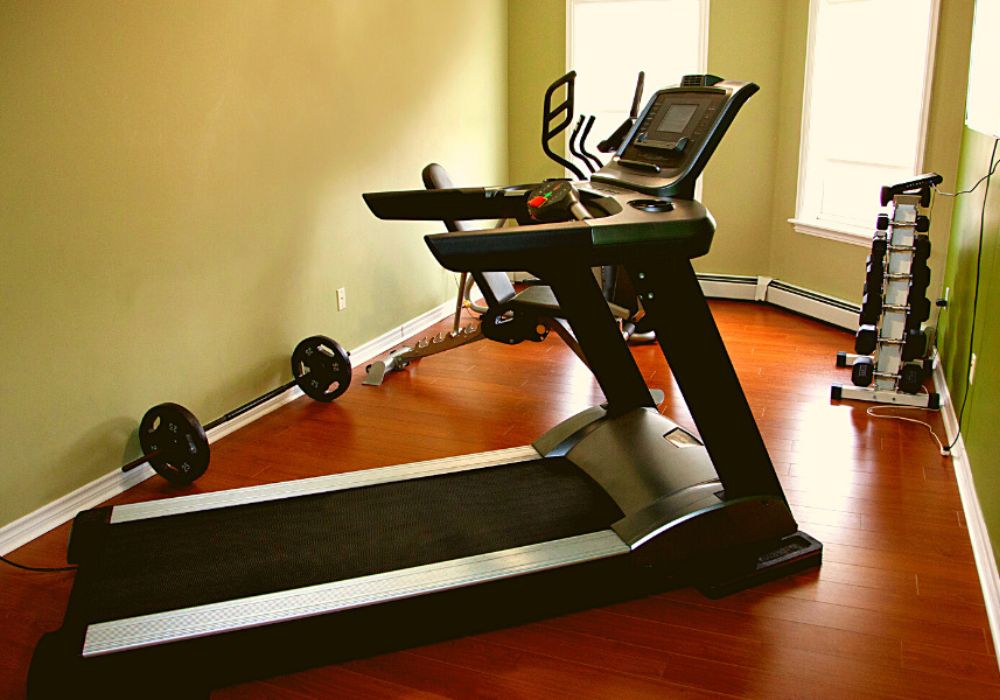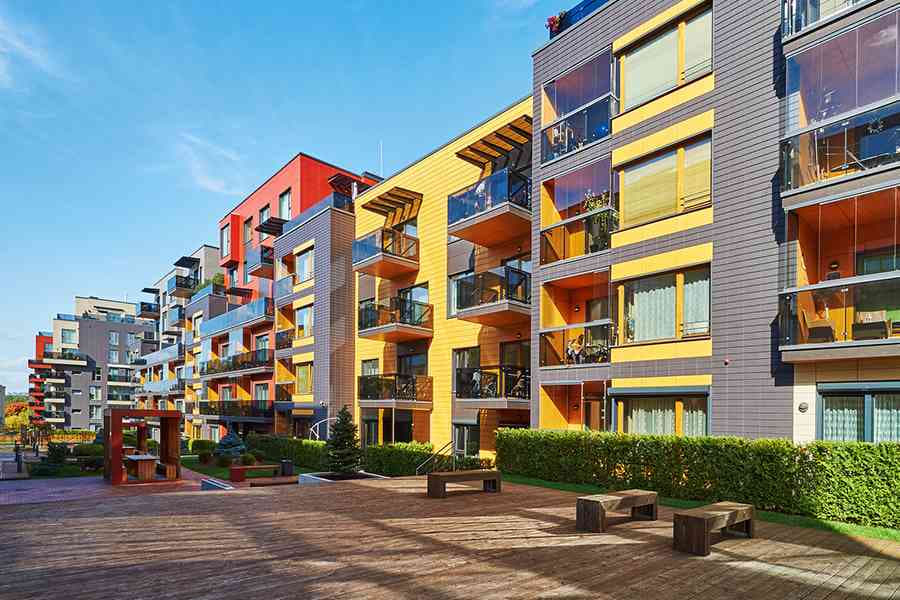Living in a rental property means that you have to navigate the landlord-tenant dynamic on a regular basis. While you may have contractual obligations outlined in your lease agreement, maintaining a positive relationship with your landlord is important for many reasons - from ensuring issues are addressed promptly to having flexibility if unexpected situations arise down the road. Building trust and respect is key to creating a comfortable living environment for both parties. Here are some of the best practices for cultivating goodwill with landlords.
Communicate Openly and Regularly
One of the most important things you can do is keep the lines of communication open with your landlord. Set up a method for regular check-ins, whether that's a monthly email, phone call, or scheduled meeting. This allows you to discuss any issues proactively before they become problems. It also gives your landlord peace of mind knowing the property is being properly cared for.

When communicating, be clear, concise, and solution-oriented. Provide all relevant details and your thoughts on resolving an issue, rather than just posing a complaint. Respond promptly to any inquiries or requests from your landlord as well. Good communication demonstrates you are a responsible tenant focused on cooperation rather than conflict.
Pay Rent on Time
One foolproof way to stay in your landlord's good graces is to ensure rent is paid in full and on the date specified in your lease. Many landlords will be understanding of an occasional minor delay, but consistent late payments can seriously damage the relationship. Consider setting up automatic payments if possible so you never miss a due date. Keep careful records of all rental transactions as well in case of any disputes. Punctual rent proves your reliability as a tenant.
Read more: Free Rent Offers: Why Landlords Offer Them and What They Truly Entail?
Maintain the Property Appropriately
As a renter, you have an obligation to keep the property in satisfactory condition beyond just basic cleanliness. This means conducting regular maintenance and repairs as needed. For example, change air filters, check for pest problems, and make sure systems are operating safely. Tend to issues promptly before they escalate.
Communicate any necessary repairs to the landlord right away so they can be addressed and costs minimized. Consider small projects you are capable of handling yourself to reduce the workload for the landlord. Keeping the property well-maintained shows appreciation for living there and care for the landlord's investment. It also allows problems to be nipped in the bud before resulting in damage charges at lease end.
Respect Neighbors and Community Rules
Part of being a good tenant is being a good neighbor as well. Observe quiet hours, avoid excessive noise, keep shared spaces like yards clean. Be courteous and considerate toward any other tenants in the building or complex. Following all rules outlined in your lease like parking and pet policies is also important for harmony.
If issues do arise, address them politely and directly with neighbors first before escalating to the landlord if unresolved. Unruly behavior that disrupts the neighborhood risks complaints and could jeopardize your rental history if problems persist. Landlords appreciate tenants who are responsible members of the community.
Be Understanding of Emergencies
While much of being a tenant revolves around routine maintenance, unexpected problems will invariably come up from time to time that is outside anyone's control - a burst pipe, roof damage, appliance breakdown, etc. These types of emergencies require prompt repair to prevent further issues.

Rather than immediately demanding compensation or perfect timing for resolution, understand that your landlord has other responsibilities and may need to coordinate schedules. Offer assistance if able and maintain patience. Acknowledging unanticipated repairs can't be rushed and showing consideration for the landlord's work goes a long way. It's important to choose your battles wisely and save complaints for true negligence.
Read more: When Can Landlords Enter the Rental Unit: Understanding Your Rights and Obligations
Request Improvements Politely
If there are any non-critical quality-of-life updates you would appreciate for the space, discuss them respectfully with the landlord. For example, changing out old light fixtures or appliances at the end of their usable lifespan, upgrading internet services, and addressing cosmetic flaws.
Have realistic expectations based on the value of the rental. Offer to contribute financially within your means as a show of good faith. And recognize that some requests may simply not be feasible. A polite, solution-focused demeanor demonstrates you value an ongoing positive relationship over exact demands being met. Compromise is important on both sides.
Provide Feedback for Departure
Upon vacating, have an honest yet considerate exit discussion with the landlord. If repairs or cleaning are required due to tenant-caused damages, cooperate fully with reasonable charges outlined in your lease. Provide any overall feedback on your landlord's service in a constructive manner as well - both compliments and, if needed, polite suggestions.
A positive tenant reference can help future housing searches. Landlords also appreciate feedback for improving their management practices. Parting on good terms leaves the door open for maintaining a professional relationship even after moving out.
With harmonious cooperation the foundation of any rental living situation, keeping these best practices in mind nurtures the bond between tenants and landlords. Regular, transparent communication and care for the property build understanding on both sides. Maintaining respect for one another's needs and obligations, even in unplanned circumstances, creates goodwill. Approaching issues from a place of teamwork rather than opposition sets tenants up for continued housing options. Consistently thoughtful conduct makes tenants, and their landlord references, highly valuable.
